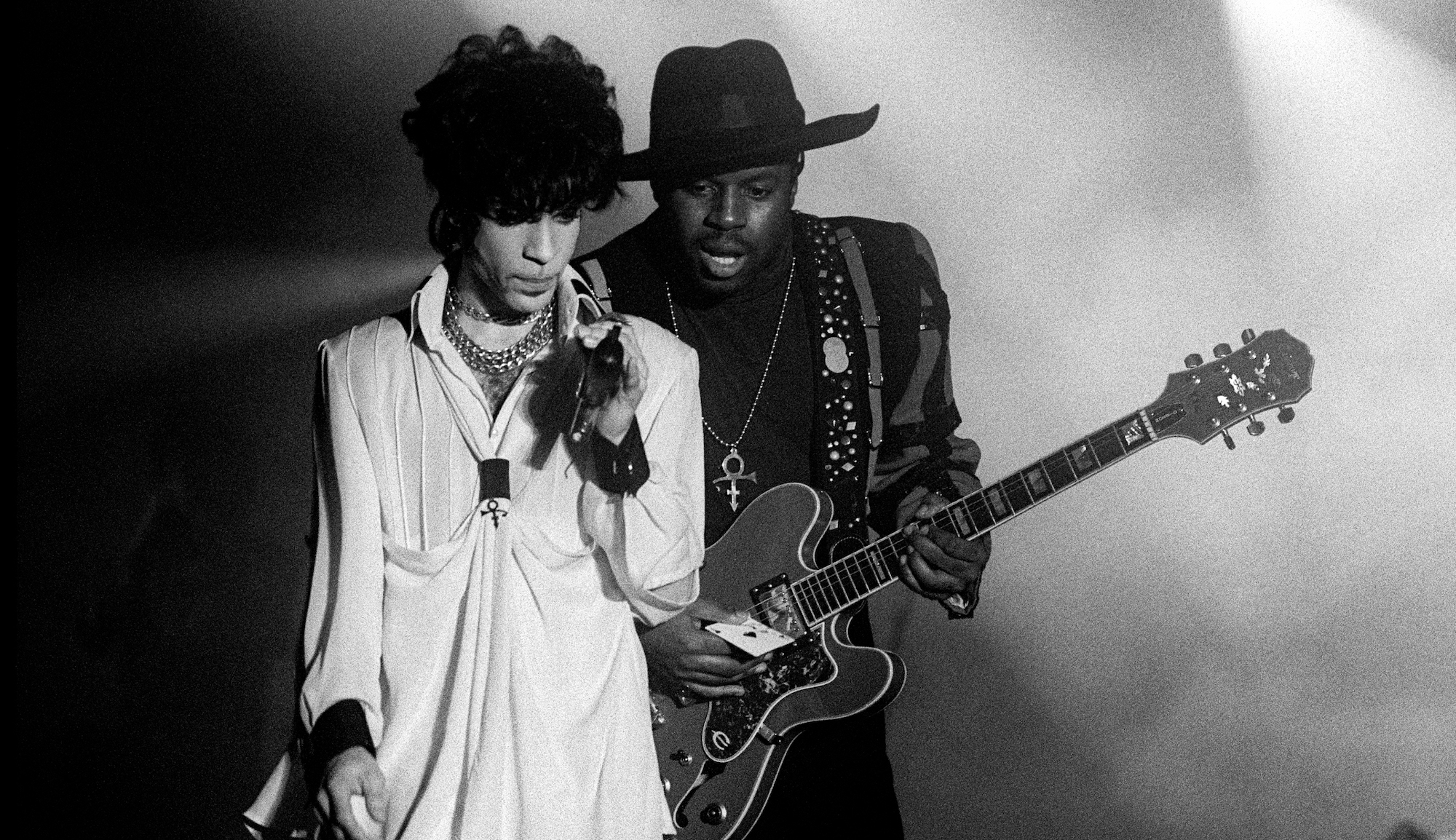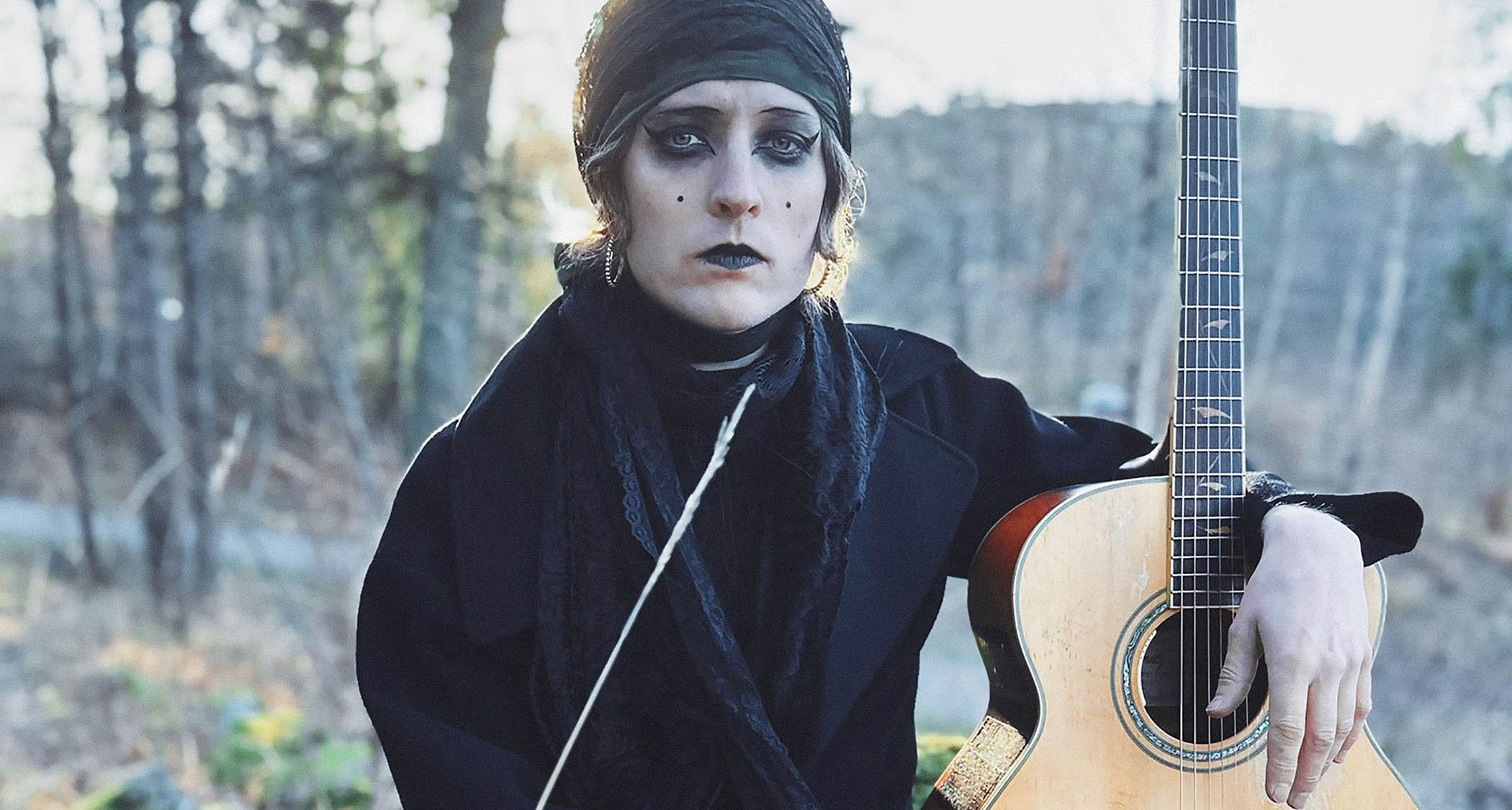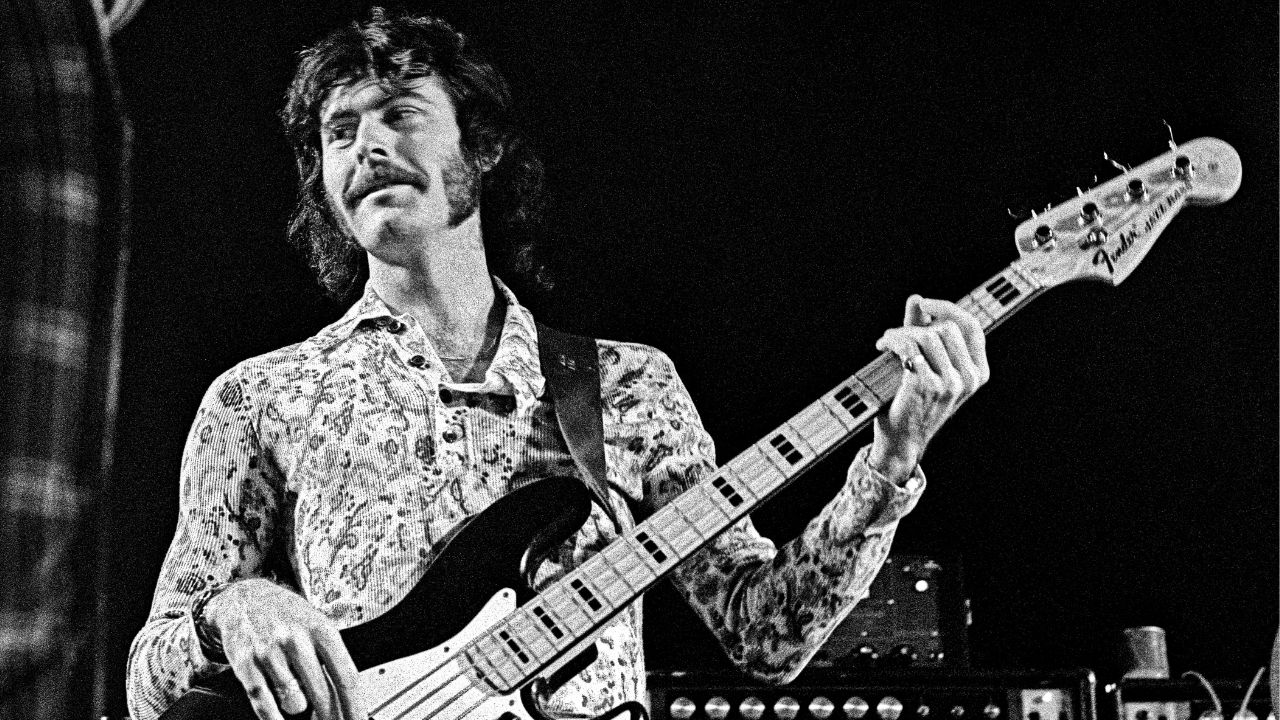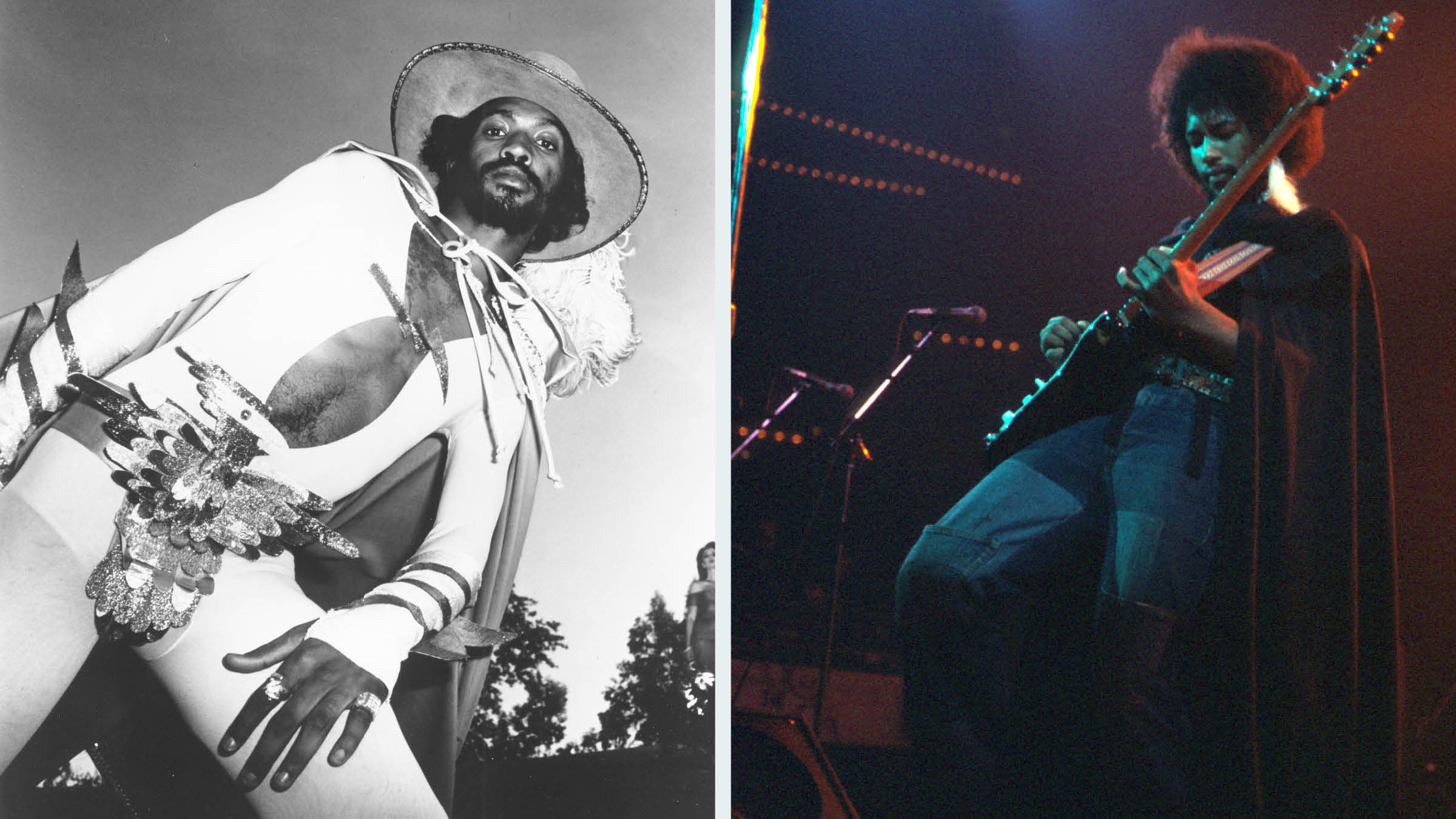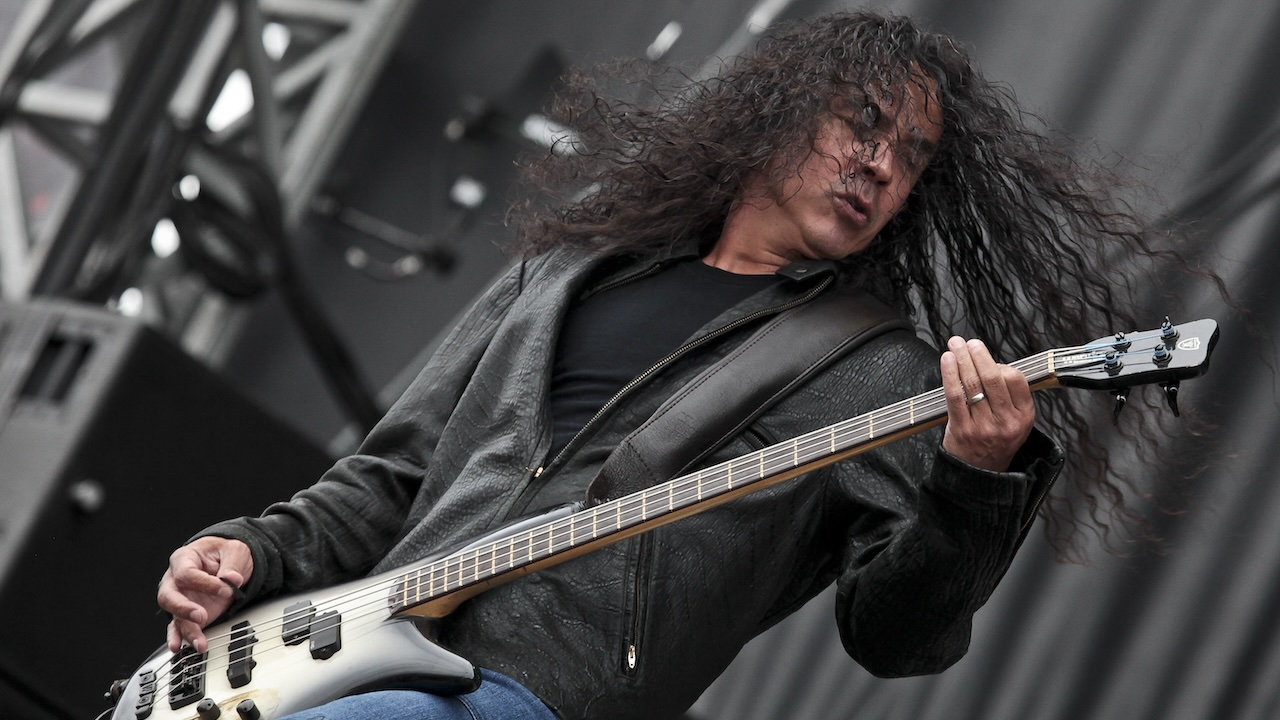“Bass is the underdog. You’re not the singer or the guitarist – you’re the glue that holds it all together”: Lisa Dodd on leaving the soloing to Billy Sheehan – and staying in the “money zone”
Award-winning Canadian bassist Lisa Dodd outlines her role as a bass player in country music

Lisa Dodd has had country music in her bones ever since she was a young girl growing up in Alberta, Canada. Thanks to her musician father, her childhood home was always brimming with music from classic country artists, and it wasn't long before Dodd started to perform concerts with her father's band. She began as a singer at the age of 16. Two years later their bass player left, and sure enough that responsibility fell on Dodd's shoulders.
Luckily, bass guitar came easily to her, and thanks to her father's guidance in playing Hank Williams and Johnny Cash songs, she became a pro in no time. After gigging her way all over Canada in her twenties it wasn't surprising that she got a call from her drummer friend, Chad Melchert, asking her to come play in Australian-Canadian country star Gord Bamford's band.
Dodd has since shared the stage with a constellation of stars including Reba Mcintire, Miranda Lambert, Lady Antebellum, Keith Urban and many other country greats. In fact, her playing has become so renowned in Canada that she became the first woman to win the award of Best Bass Player from the Canadian Country Music Association. She's won it twice and has been nominated several times. Not bad for a self-taught, honky-tonk bass slinger.
But Dodd remains humble both in her demeanour and in her bass playing, as she focuses on foundation first, and lays down impeccable danceable lines that will make any listener get up and get to two-stepping.
What kind of bass player are you?
“I'm not a fancy bass player. I don't solo and I don't ad-lib for the sake of showing off. I generally stay in the money zone, which is the meat and potatoes on the lower register of the neck. I'm not a big, flashy, showy human being like the Eddie Van Halens of the world. I like to be appreciated and noticed musically, but I don't need to be the centre of attention. I'lI leave the soloing and high-end playing to virtuosos like Billy Sheehan.”
What's your role as a bass player in country music?
Get The Pick Newsletter
All the latest guitar news, interviews, lessons, reviews, deals and more, direct to your inbox!
“In country music, the most important thing is to to serve the song and not yourself. Don't start throwing in a bunch of extra notes just because you're bored. Lay the rhythm down first and stay in the groove. Everything else is the icing on top.”
How natural is it for you to play and sing at the same time?
“Luckily, I've never found it difficult. It's like when you're thrown in the water for the first time and you have a natural instinct to swim. My brain focuses on whichever part is harder and the other part is taken over by muscle memory. Some songs are harder than others, but the more you do it the better you get.”
Why play bass?
“Bass is the underdog. You're not the singer or guitarist in the spotlight or the peacock of the bunch, you're the glue that holds it all together. And in life that's my personality too. I'm the one keeping everything stable and moving forward.”
How do you dial in your tone?
“I actually don't touch any settings on my bass, because I use Dingwall basses. Those are just perfect all by themselves. I don't need to turn a knob or do anything.”
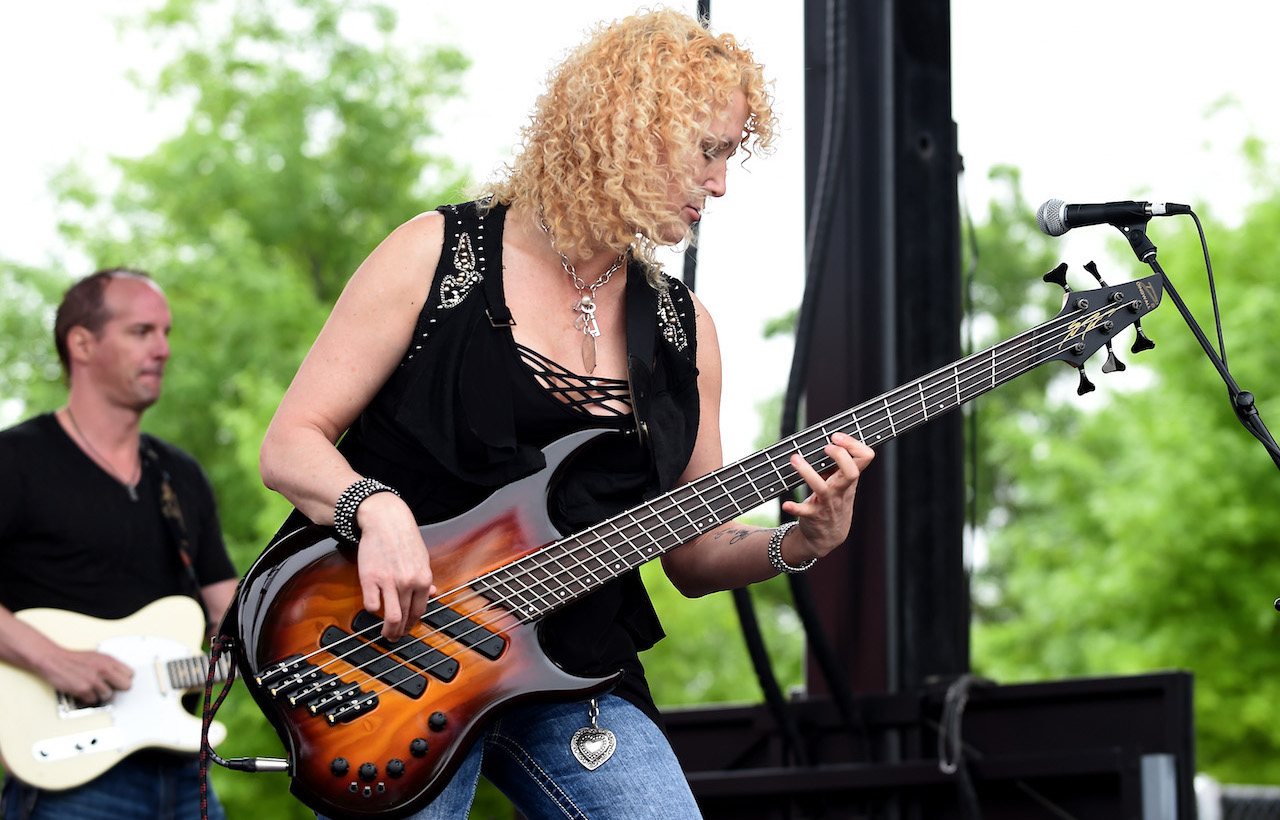
Did it take time to get used to their fanned frets?
“I had lusted after those basses for a while, and when I finally went to have one made for me I was intimidated by the fanned frets, so I started on a four-string instead of a five-string. I instantly regretted that because they're really so easy to play.
“It just feels really natural. When I pick up a non-fanned fretted bass, it's like wearing someone else's shoes for a minute.”
“Paul Simon called Stax and said, ‘Who are those Jamaican musicians?’ They told him, ‘Those are some white boys from Alabama!’” David Hood on being starstruck by Aretha Franklin, what Otis Redding taught him, and tales from golden age of Muscle Shoals
“A personal crowning moment for me was having Lemmy ask me to play on a Motörhead record!” Alice in Chains’ Mike Inez on why Cliff Burton ruled, Paul McCartney's influence – and what John Entwistle told him (that he already knew)
